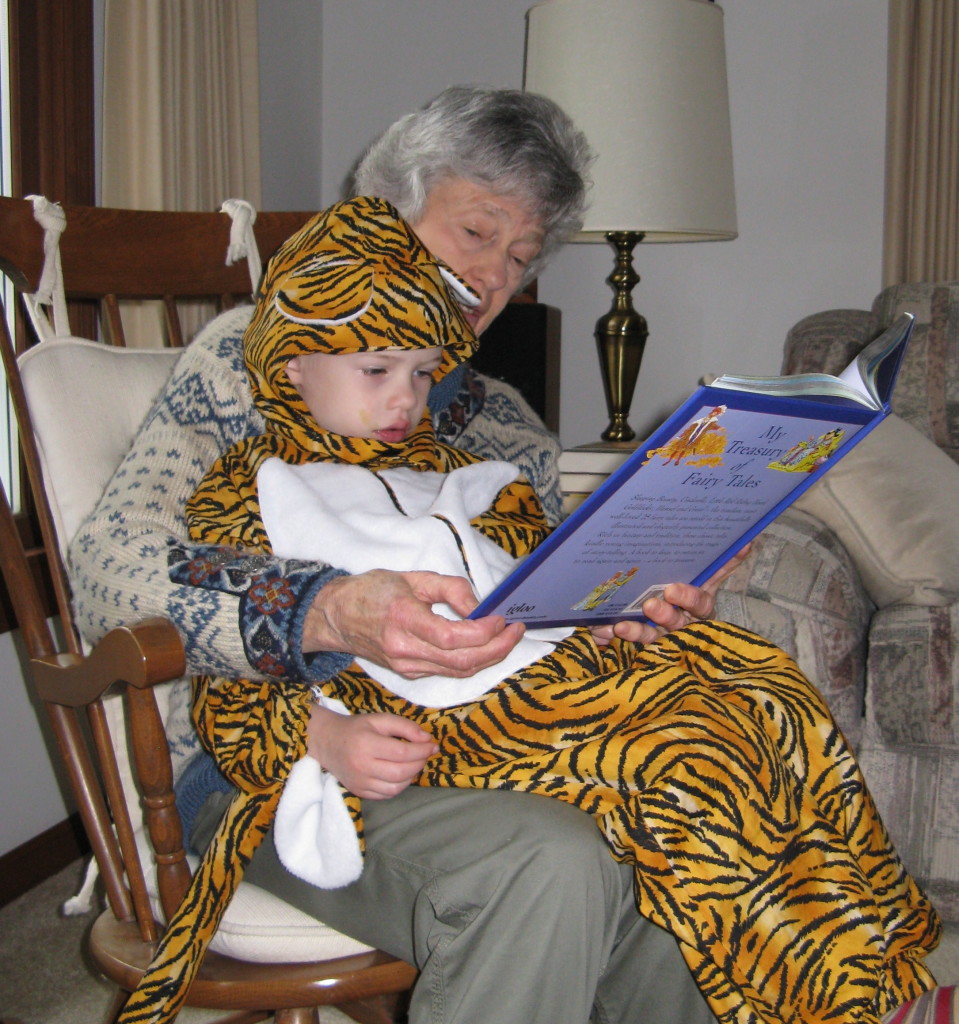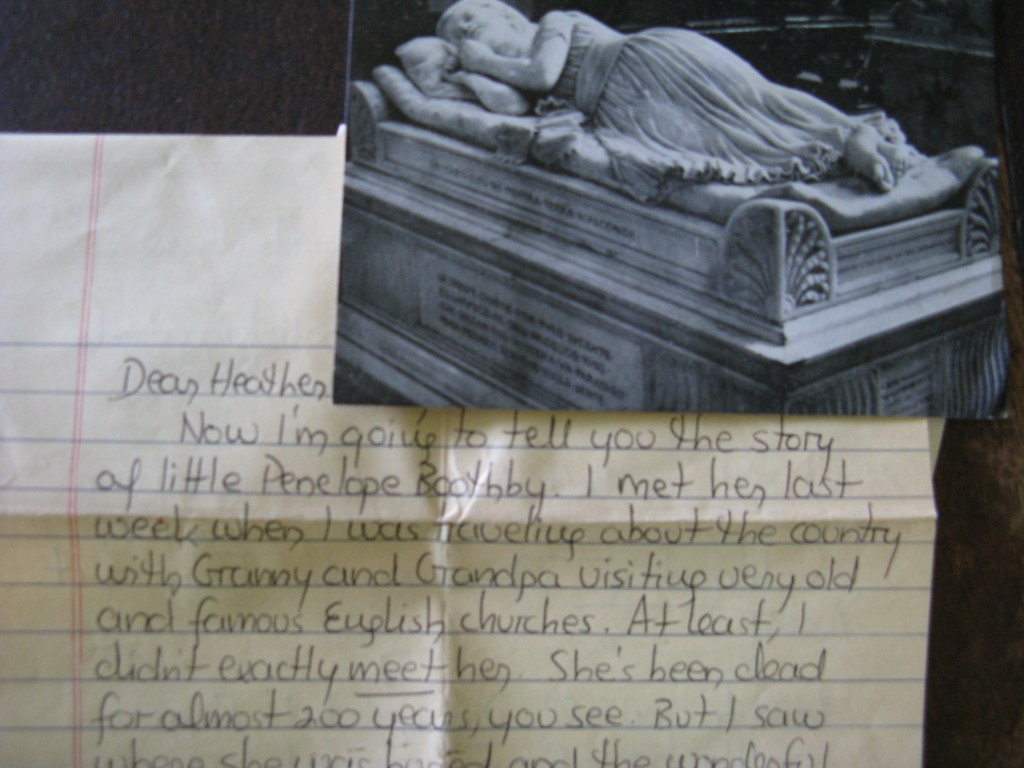Reading Aloud for a Lifetime
My first child learned to read early. Soon after, he announced, "I don't need bedtime stories anymore. I can read by myself." He made the same mistake many adults make: that reading aloud is only for the very young.
Reading aloud can be a crucial part of parenting - and you're never too old. My mother read to me all the way through high school. I read bedtime stories to both my children. One is heading to middle school next year; he's not too old. Reading aloud is a beautiful way to share the world, and it gives kids a second level of literacy.
Children can read at one level. They can comprehend story and grasp vocabulary at a much higher level when being read to. Both are needed to get excited about books.
Being read to is a lovely and loving experience. My husband and I read to each other while courting. My parents still read books to each other after 50 years of marriage. At family get togethers, my children listen while grandpa reads them story poems. I hope they'll always remember his resonant voice and love of language. You're never too old to be read a story.
Reasons to celebrate reading aloud -
Joy and interest - Learning to read can be hard work. Reading aloud keeps stories pleasurable. Kids who are working hard to master reading crave stories beyond "The bug is on the rug." They also love stories with much more complex characters and plot than simple readers offer. Reading aloud lets kids fall in love with books at their listening age, not their reading level.
Expanding literacy - Together you can decipher the vocabulary in Robert Louis Stevenson's Treasure Island. The learning level kids can handle when being read to is far higher than what they can read on their own. Five-year-olds can glory in complex story and vocabulary. Sometimes the rhythm of the words alone excites them. For teens, try reading a difficult-to-get-into book for the first few chapters until they get into the story and take off on their own.
Introduce new books - Kids love series partly because they feel comfortable with a cast of familiar characters. Rereading old favorites is wonderful, but reading aloud lets you introduce your child to new favorites. One good way is to read the first book in a series together, then let your reader explore the rest of the series on her own.
Complex topics - Reading aloud lets you introduce topics like facing death (Tuck Everlasting) and injustice (Bud, not Buddy). If you don't know which books to choose, ask a children's librarian. There are books on all sorts of tough topics.
Supplementing school - Schools fit in a lot, but they can't cover everything. Reading aloud lets you add to your child's world, say by reading a children's version of the Hindu epic of the Ramayana.
Closeness - You loved snuggling with your preschooler on your lap as you shared a good book. Reading aloud to your 10-year-old or teen lets this closeness keep going.
There's no upper age limit for reading aloud. It's not just for children and not just for picture books and early chapter books. Reading aloud can last a lifetime.
Have you stopped reading to your children? Do you read aloud to anyone in your life? What age were you read to as a child?


